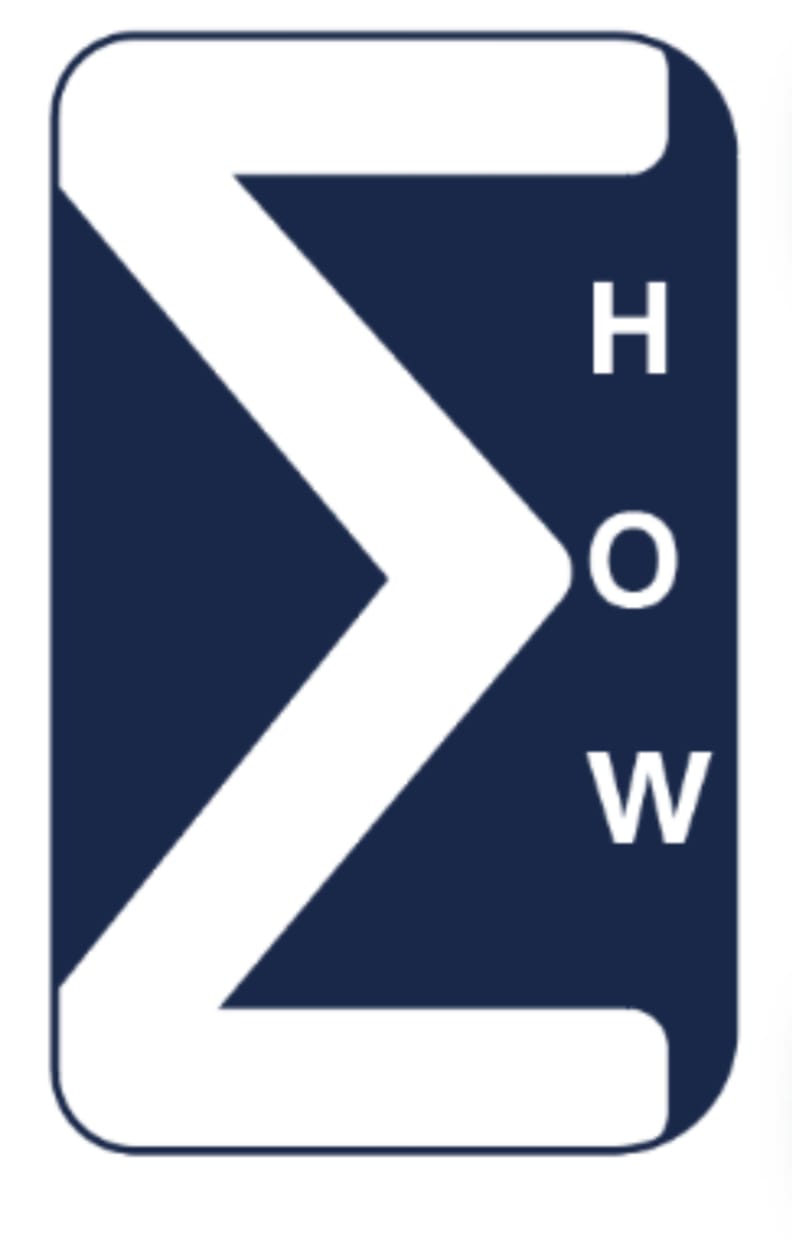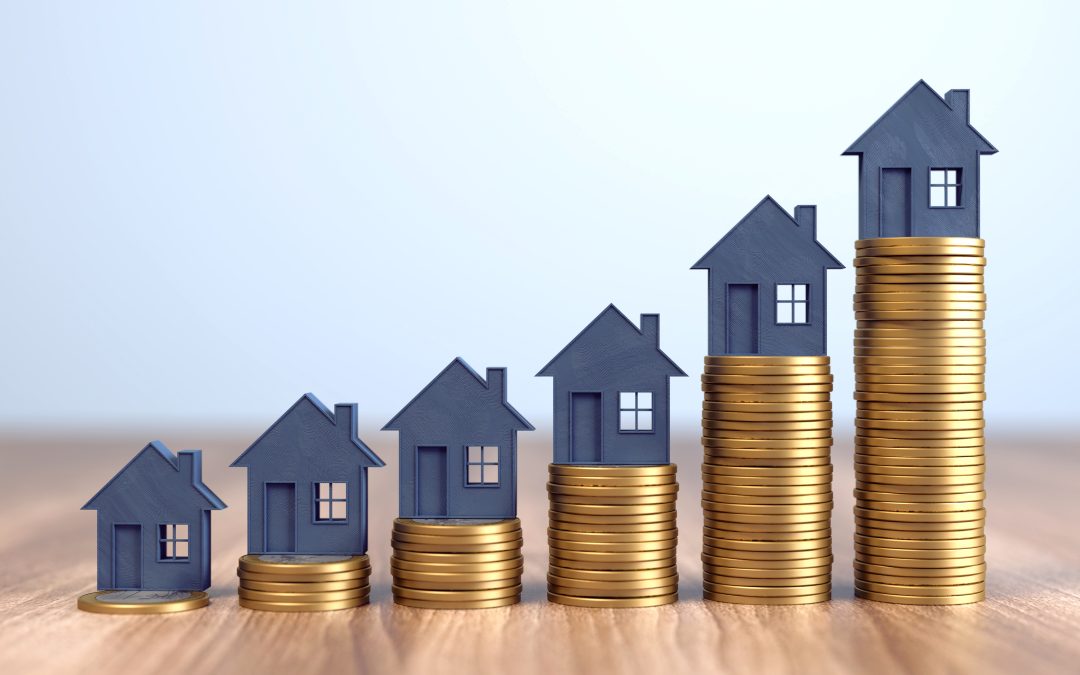We all know that houses aren’t cheap. The average price of a house in the UK is now £291,044 and in Bristol, it’s even higher at £391,964.
Given that banks usually require a deposit of around 10% of the value of the house before they lend you a mortgage, most people need around £30 – £40K saved up to buy their first home. For most people, that takes a long time to save.
Shared ownership is a way to get on the housing ladder a bit sooner. Under a shared ownership arrangement, you buy a share of the property (typically between 25% and 75%) and pay rent to the landlord for the rest.
How much deposit do you pay?
As with any other house purchase, you’ll need a 5% – 10% deposit. However, it’s not 10% of the value of the entire home. It’s only 10% of the share you’re buying.
Therefore, if your home is worth £400,000, and you’re buying a 50% share, you’ll need a deposit of £20,000 (for a 10% deposit).
What are the monthly payments?
Once you’ve bought a share in a property, your monthly payment will be:
- Mortgage repayments on your share of the home
- Rental payments to the landlord for the remaining share
- Ground rent (unless it’s a new lease granted after 30 June 2022)
- Service charges (usually)
Shared ownership properties tend to be leasehold, which is why they usually attract ground rent and service charges. For more information about leasehold properties, please see our recent blog about the legal issues to consider when you buy a leasehold home.
Most landlords charge 2.75% in rent, but they are allowed to increase the rent in line with inflation. Check the lease to find out how your rent might increase over time. With the current economic climate with inflation rising, landlords may be looking to increase those rental payments.
Once you’ve bought your share, you’re able to buy more shares in your home in future years. The larger your share, the less you’ll pay in rent to your landlord.
Can you apply for shared ownership on any home?
You can’t choose a shared ownership arrangement on any home. The property must be in the shared ownership resale scheme.
These are offered by housing associations, local councils, and other organisations, which will become your landlord to whom you’ll pay the rent. Often there’s a shared ownership arrangement on new-build homes as well.
What happens when you sell the property?
When you come to sell your home, you’ll have to let the landlord know first.
That’s because the landlord is allowed a period of 4, 8 or 12 weeks to find a buyer. If they don’t find a buyer in that time, you can sell your share on the open market.
The good news is that the value of your share of the property increases as the value of the property itself rises. Therefore, if your property has gone up in value, you’ll receive more on the sale than you put in to purchase the share of the property.
What are the benefits of shared ownership?
Shared ownership arrangements are popular in places where housing is particularly expensive, such as London and Bristol.
The benefits include:
- Get your first step on the housing ladder with a smaller deposit
- Increase your share of ownership over time
- It’s more secure than renting
- It’s an investment. The value of your share increases with the value of the property
Are there any downsides?
While the landlord retains a share in the property, they continue to have a level of control over it. Therefore, you are likely to require the landlord’s permission to do things like home improvements or subletting the home. Unfortunately, all repair costs are likely to fall to you, rather than the landlord.
The precise nature of the relationship with the landlord will be set out in the lease and a conveyancer can clarify your obligations, once they’ve seen the lease.
The monthly payments could work out as more expensive than if you owned the house yourself and only paid the mortgage. The landlord is allowed to increase the rent in line with inflation, so your rental payments could suddenly increase sharply, depending on the economic climate.
Alternatives to shared ownership schemes
There are other ways of sharing the cost of buying a home, without the shared ownership scheme. Many people choose to buy a home with a friend, sibling or relative if they’re able to. In that arrangement, you’re likely to be ‘tenants in common’ with the other person, rather than having a landlord.
For more information on what that means, please read our blog about your options for ownership when you buy a property with another person.

